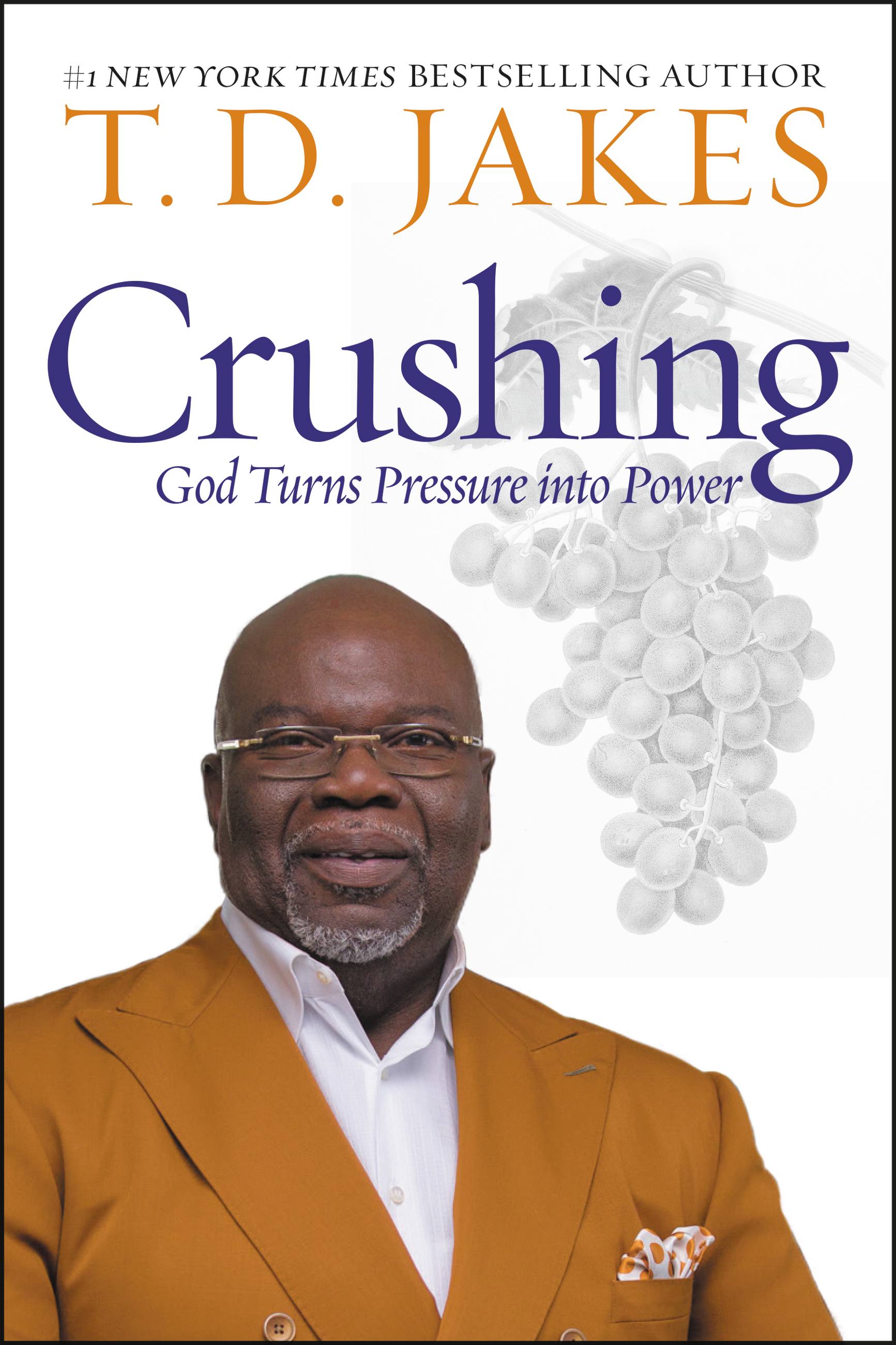
- Browse Category
Subjects
 We Begin at the EndLearn More
We Begin at the EndLearn More - Choice Picks
- Top 100 Free Books
- Blog
- Recently Added
- Submit your eBook
password reset instructions

The debate about biological origins continues to be hotly contested within the Christian church. Prominent organizations such as Biologos (USA) and Faraday Institute (UK) insist that Christians must yield to an unassailable scientific consensus in favor of contemporary evolutionary theory and modify traditional biblical ideas about the creation of life accordingly. They promote a view known as "theistic evolution" or "evolutionary creation." They argue that God used-albeit in an undetectable way-evolutionary mechanisms to produce all forms of life. This book contests this proposal. Featuring two dozen highly credentialed scientists, philosophers, and theologians from Europe and North America, this volume provides the most comprehensive critique of theistic evolution yet produced. It documents evidential, logical, and theological problems with theistic evolution, opening the door to scientific and theological alternatives-making the book essential reading for understanding this worldview-shaping issue.
Contents:
General Introductions
Philosophical and Scientific Introduction: Defining Theistic Evolution (Stephen C. Meyer)
Biblical and Theological Introduction: The Incompatibility of Theistic Evolution with the Biblical Account of Creation and with Important Christian Doctrines (Wayne Grudem)
Section I: The Scientific Critique of Theistic Evolution
Section I, Part 1: The Failure of Neo-Darwinism
1. Three Good Reasons for People of Faith to Reject Darwin''s Explanation of Life (Douglas D. Axe)
2. Neo-Darwinism and the Origin of Biological Form and Information (Stephen C. Meyer)
3. Evolution-A Story without a Mechanism (Matti Leisola)
4. Are Present Proposals on Chemical Evolutionary Mechanisms Accurately Pointing toward First Life? (James M. Tour)
5. Digital Evolution: Predictions of Design (Winston Ewert)
6. The Difference It Doesn''t Make: Why the "Front-End Loaded" Concept of Design Fails to Explain the Origin of Biological Information (Stephen C. Meyer)
7. Why DNA Mutations Cannot Accomplish What Neo-Darwinism Requires (Jonathan Wells)
8. Theistic Evolution and the Extended Evolutionary Synthesis: Does It Work? (Stephen C. Meyer, Ann K. Gauger, and Paul A. Nelson)
9. Evidence from Embryology Challenges Evolutionary Theory (Sheena Tyler)
Section I, Part 2: The Case against Universal Common Descent and for a Unique Human Origin
10. The Fossil Record and Universal Common Ancestry (Günter Bechly and Stephen C. Meyer)
11. Universal Common Descent: A Comprehensive Critique (Casey Luskin)
12. Five Questions Everyone Should Ask about Common Descent (Paul A. Nelson)
13. The Battle over Human Origins (Introduction to Chapters 14-16) (Ann K. Gauger)
14. Missing Transitions: Human Origins and the Fossil Record (Casey Luskin)
15. Evidence for Human Uniqueness (Ann K. Gauger, Ola Hössjer, and Colin R. Reeves)
16. An Alternative Population Genetics Model (Ola Hössjer, Ann K. Gauger, and Colin R. Reeves)
17. Pressure to Conform Leads to Bias in Science (Christopher Shaw)
Section II: The Philosophical Critique of Theistic Evolution
18. Why Science Needs Philosophy (J. P. Moreland)
19. Should Theistic Evolution Depend on Methodological Naturalism? (Stephen C. Meyer and Paul A. Nelson)
20. How to Lose a Battleship: Why Methodological Naturalism Sinks Theistic Evolution (Stephen Dilley)
21. How Theistic Evolution Kicks Christianity Out of the Plausibility Structure and Robs Christians of Confidence that the Bible Is a Source of Knowledge (J. P. Moreland)
22. How to Think about God''s Action in the World (C. John Collins)
23. Theistic Evolution and the Problem of Natural Evil (Garrett J. DeWeese)
24. Bringing Home the Bacon: The Interaction of Science and Scripture Today (Colin R. Reeves)
Less
- File size
- Print pages
- Publisher
- Publication date
- ISBN
- 9.2x6.3x2.2inches
- 1008
- Crossway Books
- November 1, 2017
- 9781433552861








.jpeg)








.jpg)










